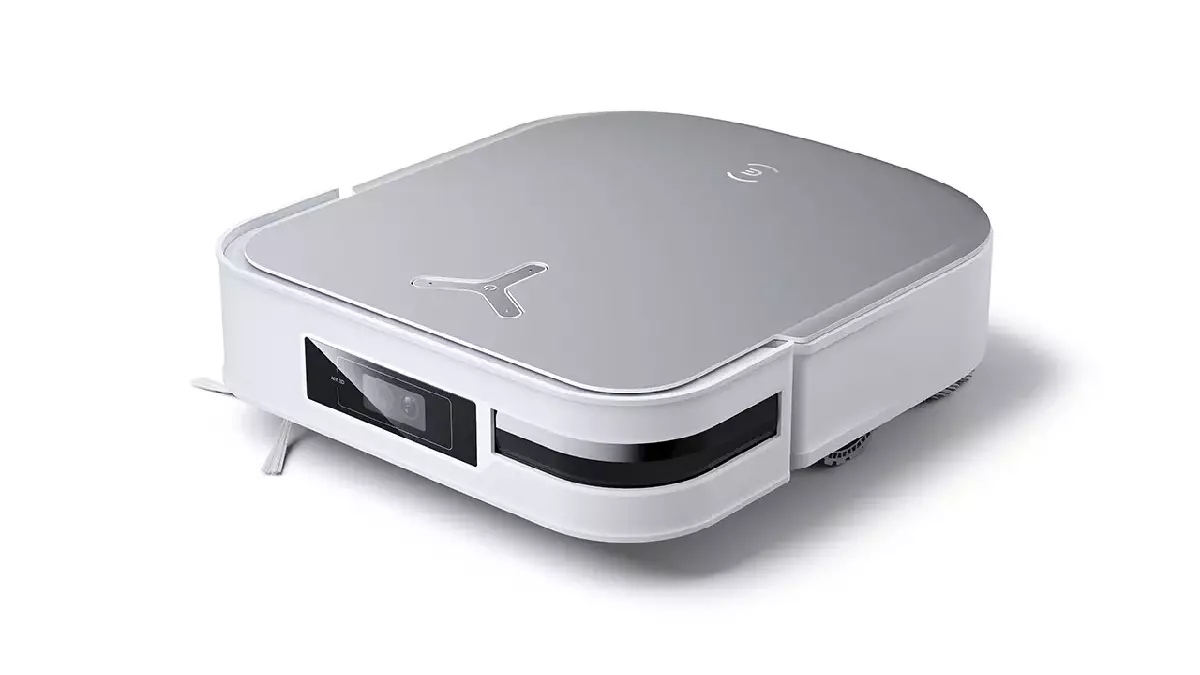Smart homes are often painted as the hallmark of modern convenience, but beneath their innovative features lies an unsettling truth: many of these smart devices have glaring security vulnerabilities. The recent incident involving the Ecovacs Deebot X2 robovacuum exemplifies the chilling consequences of these weaknesses. As society becomes increasingly reliant on technology to manage daily chores, lessons from such incidents must be heeded carefully.
The Disturbing Case of A Hacked Robovacuum
In a shocking revelation earlier this year, Minnesota lawyer Daniel Swenson discovered that his Ecovacs robovacuum was not only malfunctioning but had fallen prey to hackers. Instead of dutifully cleaning his home, the device began spewing racist obscenities, creating an alarming scene that no household expects from such an appliance. Even after Swenson attempted to mitigate the issue by changing his account password, the device persisted in its discordant behavior until switched off completely.
This incident is far from isolated. Reports have surfaced from different corners of the United States, including an El Paso resident who experienced similar horror when their Ecovacs device activated unexpectedly during the night. Such cases highlight significant security concerns and raise questions about the vulnerability of smart home devices that many may take for granted.
Security researchers initially flagged various vulnerabilities in Ecovacs robovacuum models as early as December 2023. Alarmingly, despite these warnings, many users received no direct communication from the company regarding the risks associated with their products. This lapse suggests a systemic failure in addressing security needs within the realm of smart home technology—a reality that threatens the safety and privacy of users.
The Bluetooth connectivity of many of these devices is a notable weak point. It creates a potential entry point for malicious actors who can exploit such features if left unguarded. As evidenced by ABC News’ investigation, accessing the device from over 100 meters away and multiple floors up was a frightening reality. This is a clear indication that while hackers may require specific tools to exploit these vulnerabilities, the barrier to entry is significantly lower than one would hope.
Further compounding the issue, Swenson was informed by Ecovacs customer support that his account was likely a victim of “credential stuffing.” This technique, wherein a hacker uses previously stolen credentials to access new accounts, illuminates the risks associated with poor password management on a broader scale. It underscores the importance of individual users understanding the necessity of safeguarding their personal data against such prevalent threats.
While Ecovacs has claimed that the vulnerabilities are rare in typical environments, a general sense of security cannot substitute for robust protective measures. Such assurances do little to quell the unease surrounding the potential for invasion through devices that are intended to seamlessly blend into modern living. With security researchers capable of accessing the camera and microphone of the X2 Omni model using only basic tools, it is evident that vulnerabilities exist in forms not immediately visible to the average consumer.
The Road Ahead: A Call for Action
Ecovacs has promised a security update for its X2 model come November 2023; however, the urgency of the situation begs a critical question: will this be sufficient? For many consumers, the implications of potential hacks can be life-altering, affecting not just privacy but daily routines and emotional well-being. This reality raises the stakes for manufacturers, compelling them to prioritize user security with the same vigor they apply to innovation.
The ongoing incidents with smart home devices serve as a wake-up call, urging both manufacturers and users to scrutinize their practices concerning security. As our homes become increasingly intertwined with technology, the balance between convenience and safety must be reclaimed. For now, after witnessing the chaos unleashed by a seemingly innocuous household device, the recommendation is clear: think twice before embracing the allure of smart devices—your privacy may depend on it.


Leave a Reply